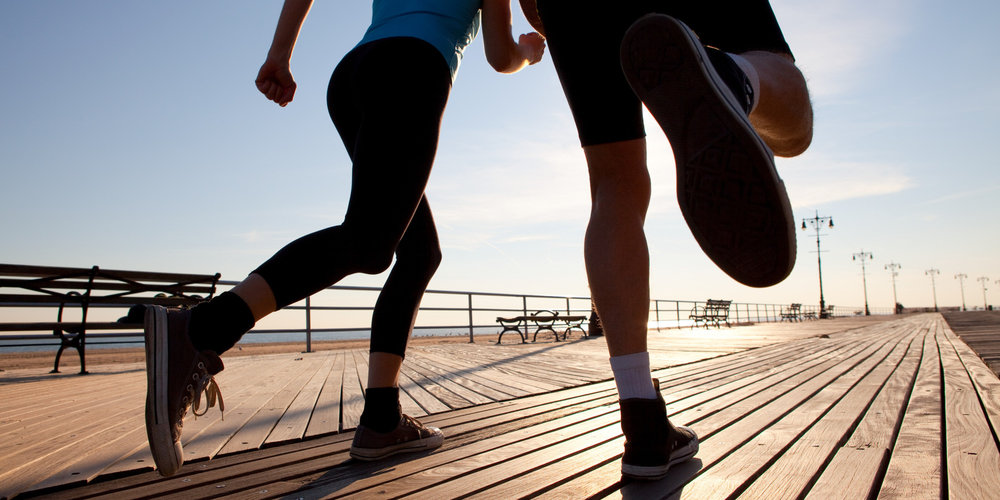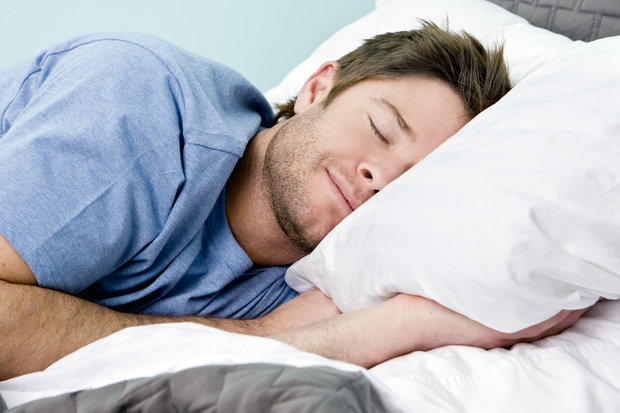Everything has a temperament: Exercise, sleeping, wakefulness
Part 5

TEHRAN — As thoroughly explained over the past four articles, everything including body organs, seasons, colors, day and night, flavors and climates, and psychiatric conditions has a temperament.
As human beings have a distinguishing temperament as well as everything around them treating them in accordance with their Mizaj would certainly benefit them in that keeping a balanced Mizaj is the key to live a healthy life.
This article will fully examine the temperament of exercises, lack of movement, sleeping and wakefulness.
Exercise, lack of movement
Moderate exercise would increase the heart rate and breathing (respiratory) rate, excrete sweat from the sweat glands which then evaporates off of the skin, more blood is able to near the surface of the skin making the skin feel warm and look red and finally make people often feel so at ease and cheerful. All these are symptoms of warm temperament which means taking exercise would lead to warmness in the body.
But high-intensity exercise would drive the body to excessive coldness, weakness, getting blue face or lips after exercise; moreover after heavy exercise heart rate would take much longer to return to base which is not healthy.
Additionally, as getting exercise would increase heat in the body the humidity and other unwanted materials would excrete from the body through the bowels or the skin which result in dryness so taking exercise would do much good to people with warm and wet Mizaj (sanguine temperament) who are stout, sturdy, and burly with muscular body and also cold and wet Mizaj (phlegmatic temperament) who have coldness and wetness in their bodies. Although in general getting them is of benefit to everyone.

On the contrary, lack of movement slow the metabolism and humidity and waste materials would accumulate in the body and drive the temperament to coldness and wetness which is accompanied by weakness, lethargy, obesity, and puffiness.
Certainly compared to light and mental exercises such as swimming and chess, vigorous and outdoor exercises such as football, and running have warmer and drier temperament.
In general, from Iranian traditional medicine point of view, anaerobic exercises which consist of short exertion and high-intensity movement would mostly increase the heat in the body and won’t decrease the wetness much so they best suit people with cold Mizaj and don’t help much in losing weight. On the other hand exercises which are of light-to-moderate intensity and can be performed for extended periods of time would decrease the wetness and increase the heat in the body and therefore those with warm Mizaj who want to lose weight would benefit such exercise.
Sleeping and wakefulness

Sleep is a passive, dormant part of our daily lives while wakefulness is daily recurring brain state and state of consciousness. Sleep is physical and mental rest and wakefulness is the state of physical and mental activity.

Therefore, the longer one stays up the drier and warmer their bodies get and the longer one sleeps the wetter the brain and the body gets and their temperament would drop lower. Actually while one is sleeping the body temperature drops meaning that the heat would move from the surface of the body and that’s why one might need a blanket during night. During the day the heat would move to the surface of the body and the body temperature raise.
In any cases that one is forced to get less sleep (having to study for an exam, being under mental pressure or having to finish a project) the brain and the body would get warmer and drier so in order to control the excessive warmness or dryness in the body one should cut back on warm and dry food stuff. Additionally taking a short nap during the day (20 minutes) especially in warm climates and seasons is highly recommended to them.
Besides, those with cold and wet Mizaj should not sleep much as long sleep would increase wetness in the body. People with phlegmatic temperament should cut down on food items cold and wet temperament to sleep shorter and get up easily and not having trouble waking up. They had better wake up once or twice during the night so that wetness would not build up in their bodies.
Seyed Mahdi Mirghazanfari, MD, holds a PhD degree in medical physiology and is an Iranian-Islamic traditional medicine researcher. He is also an assistant professor in AJA University of Medical Sciences, Tehran.
MQ/MG
Leave a Comment